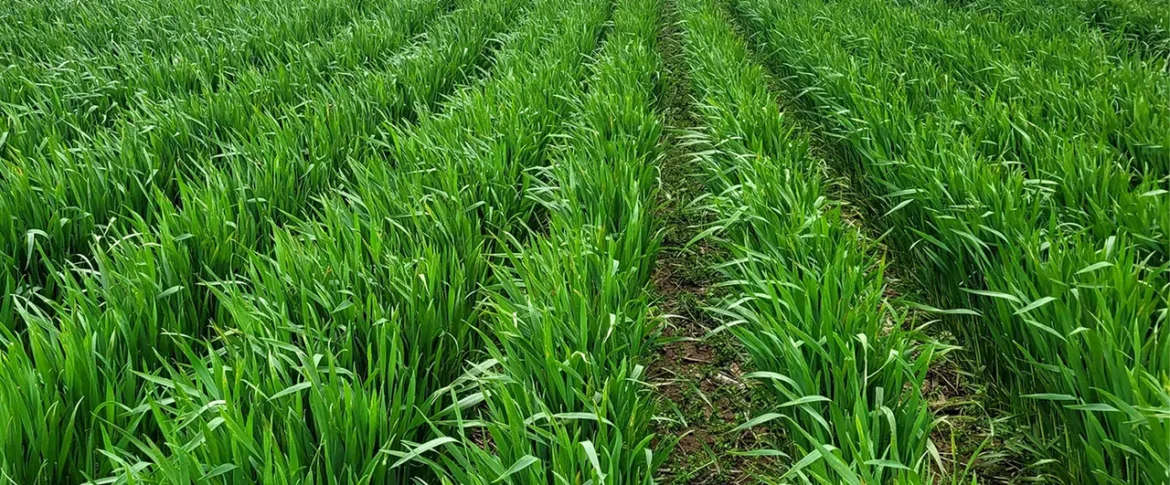
Theme: Soil Health for Improved Livelihoods
This study assesses the nutritional quality of wheat grain, focusing on iron (Fe) and zinc (Zn) content across major wheat-growing regions in Morocco. It examines how farmers’ practices, soil fertility, and growing conditions affect micronutrient concentrations. The insights will support the design of agronomic biofortification strategies to improve wheat quality and address micronutrient deficiencies in the Moroccan diet :
Research objectives/questions:
More details about the project :
The project is implemented in partnership with ICARDA, focusing on bread wheat grown under rainfed and irrigated systems. It takes place in Rabat-Salé-Kénitra and Béni Mellal-Khénifra, two key wheat-growing regions that capture Morocco’s main agroecological conditions-from the humid coastal plains to the more variable inland zones. This diversity helps identify how local practices and environments influence wheat nutrition.
To know more about our Resilience in African dryland agriculture projects click here.
